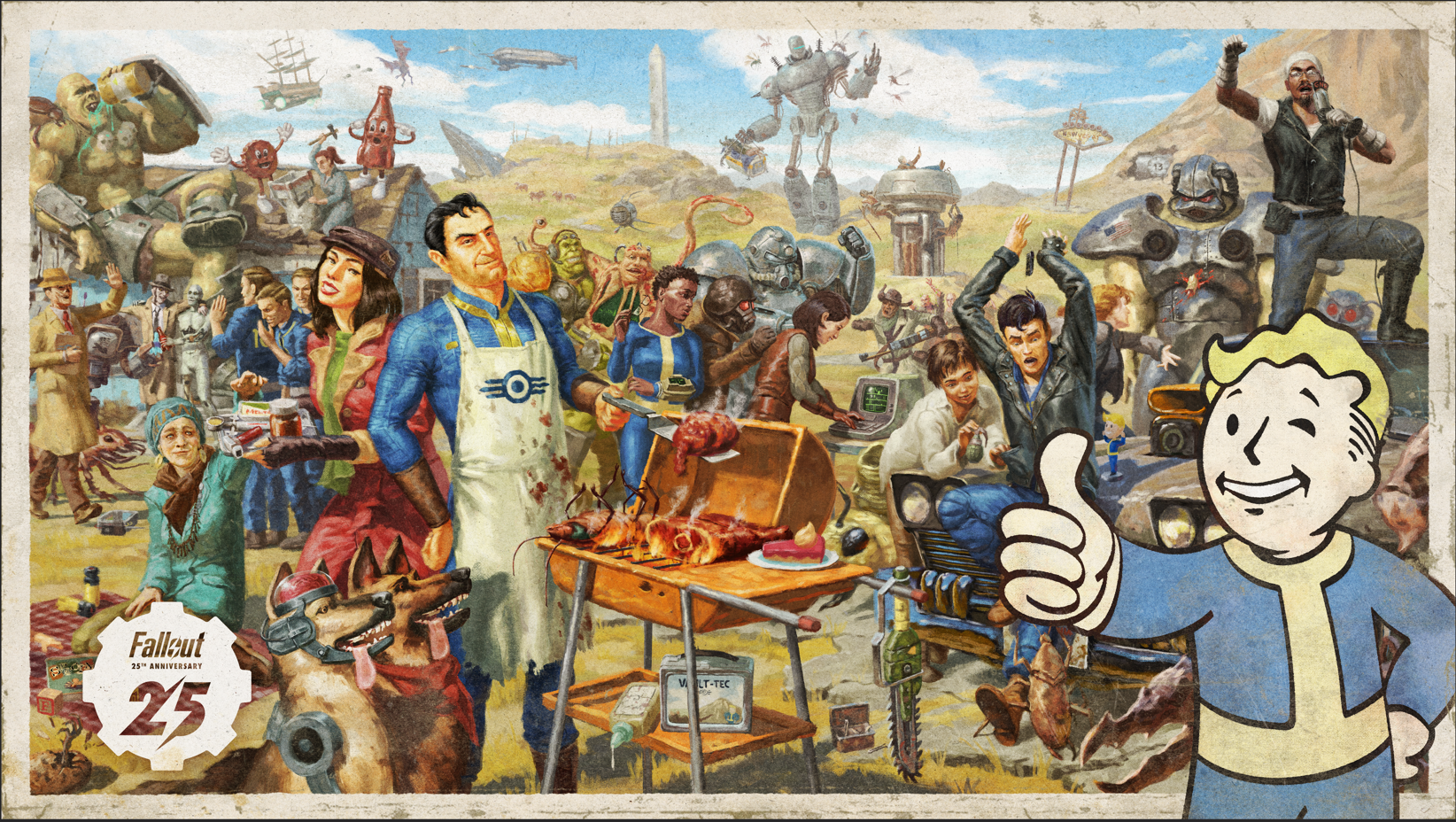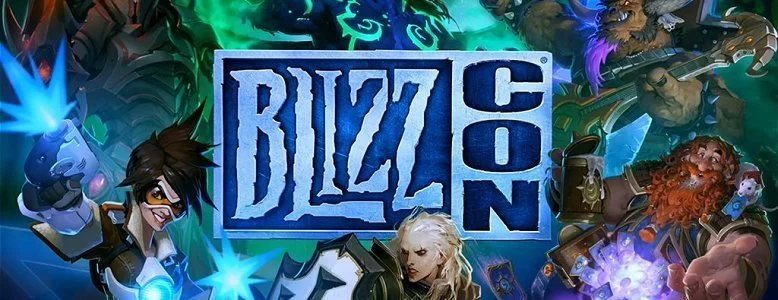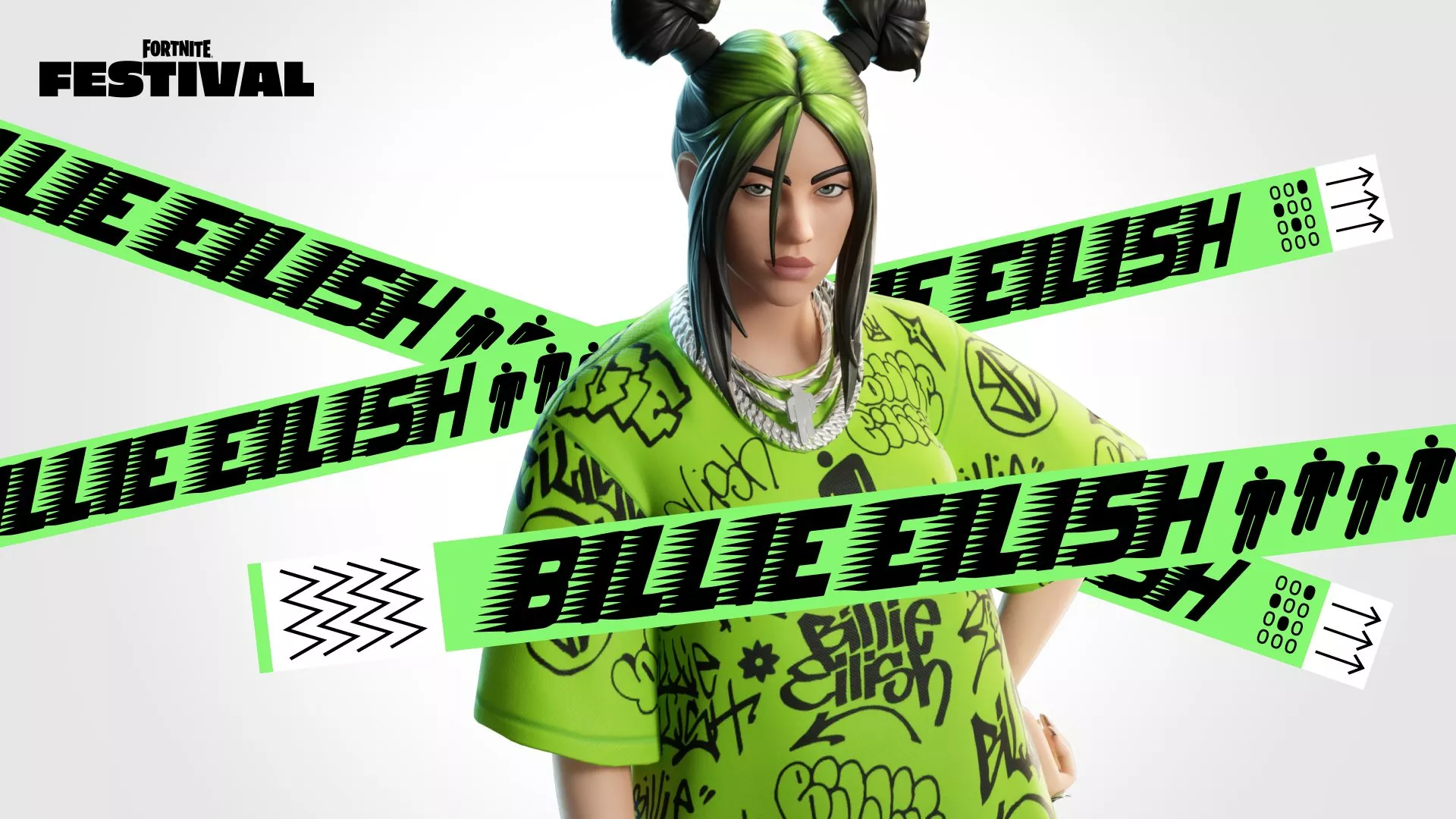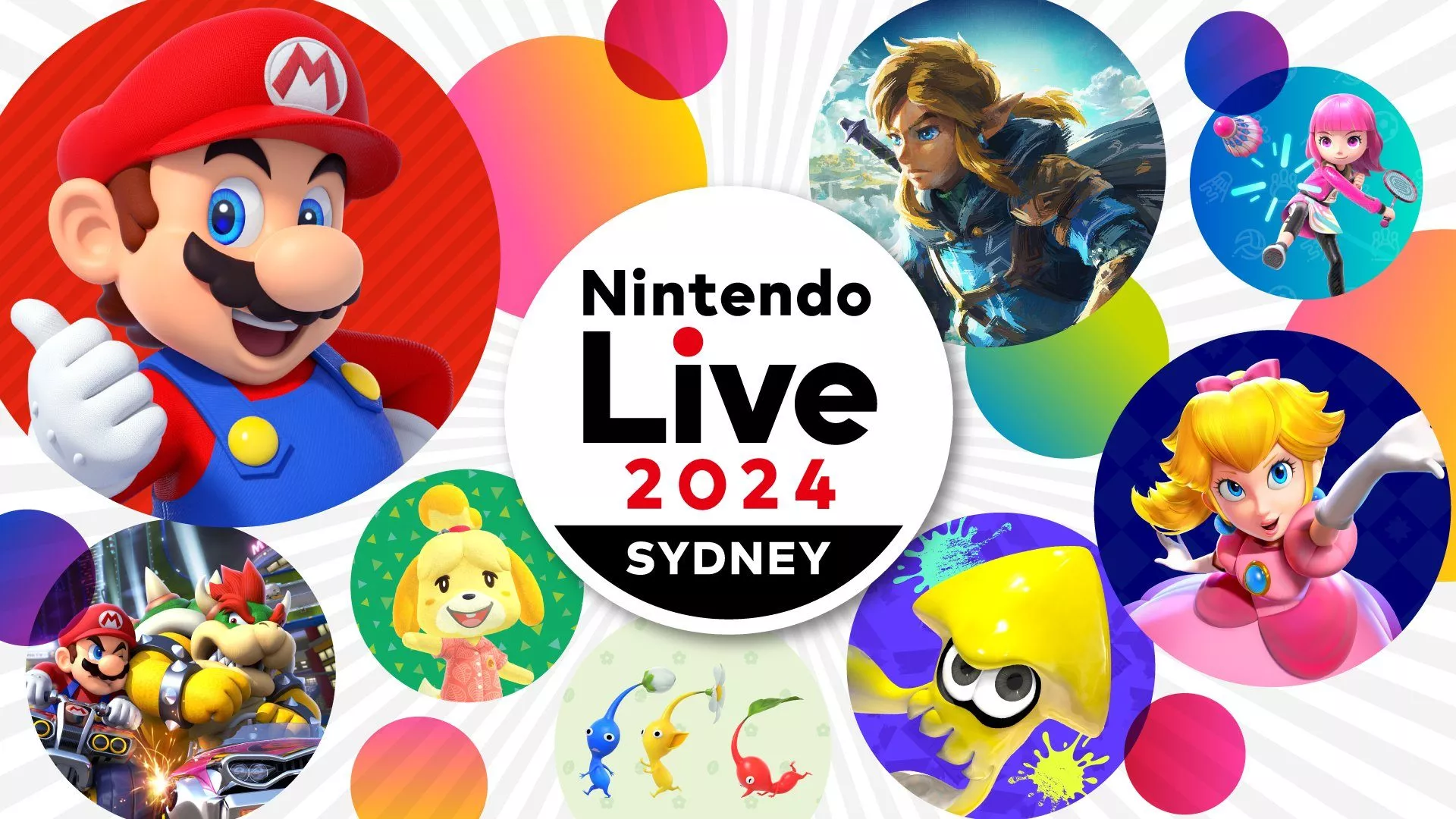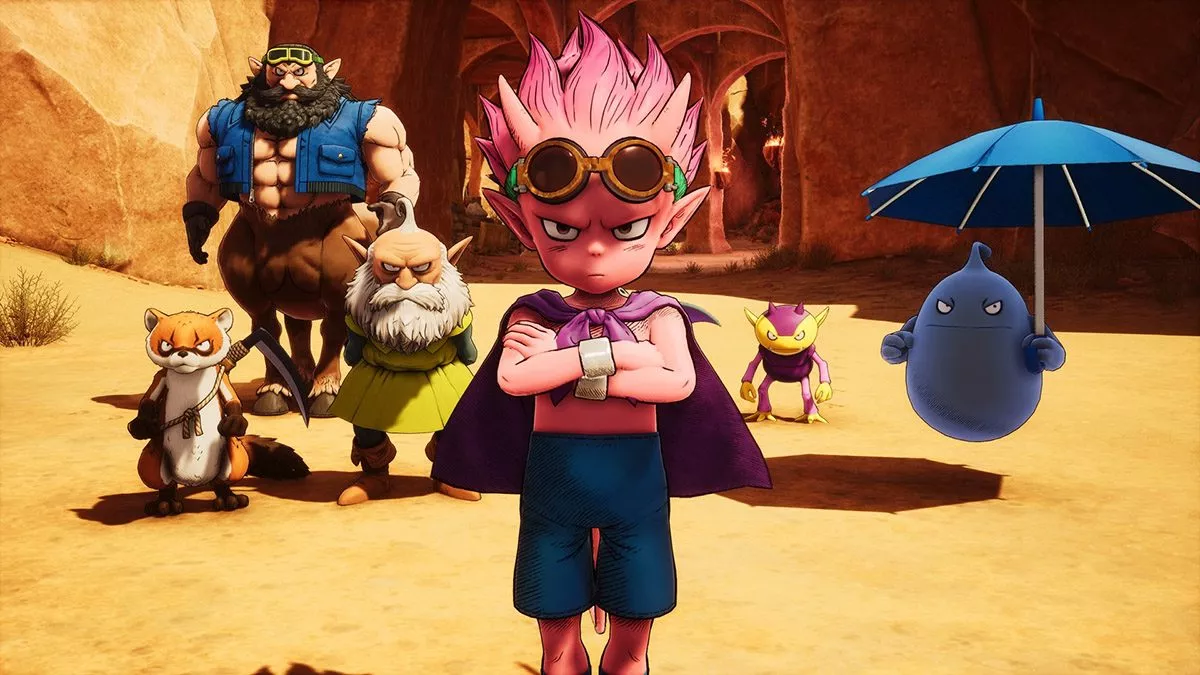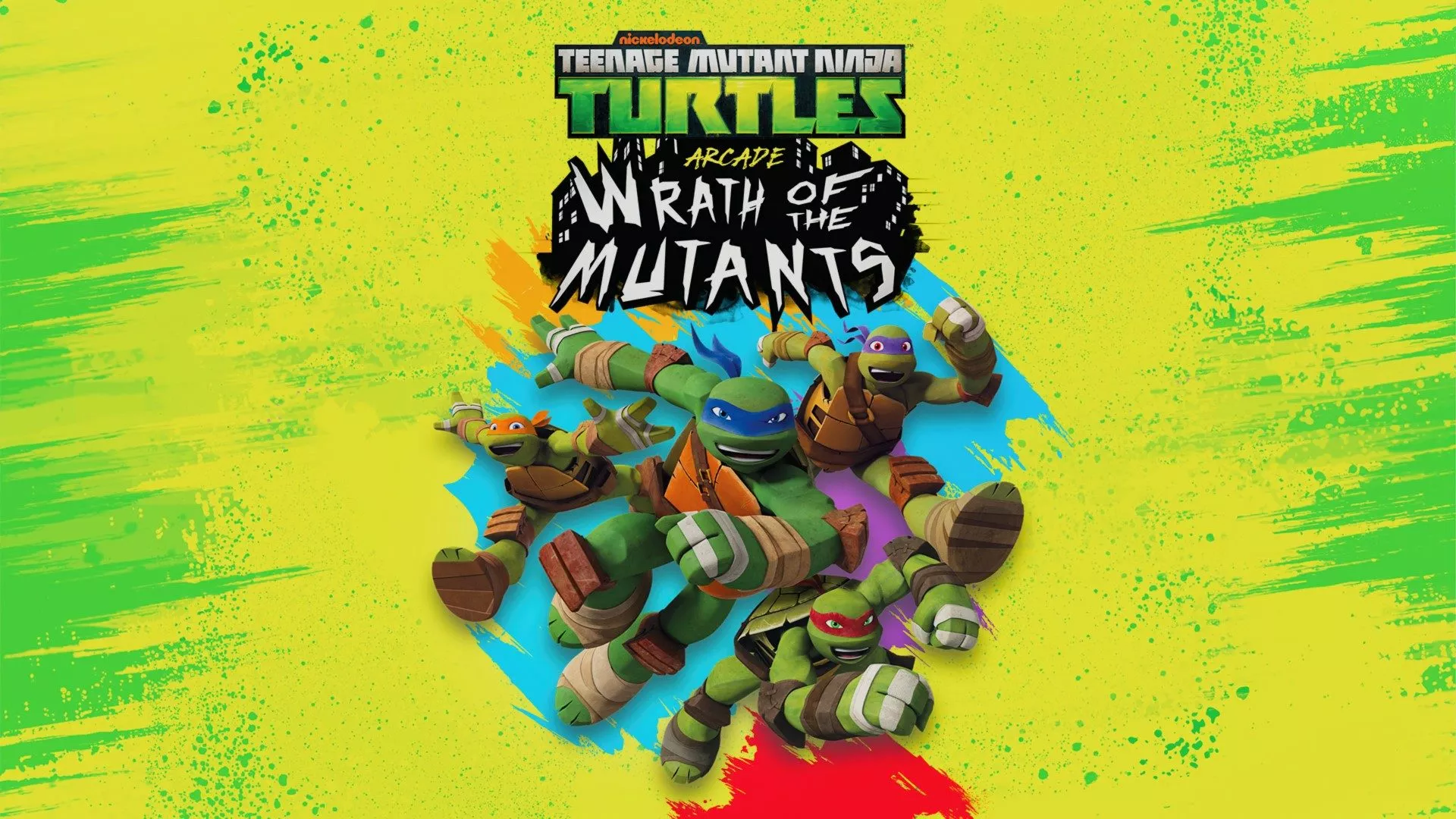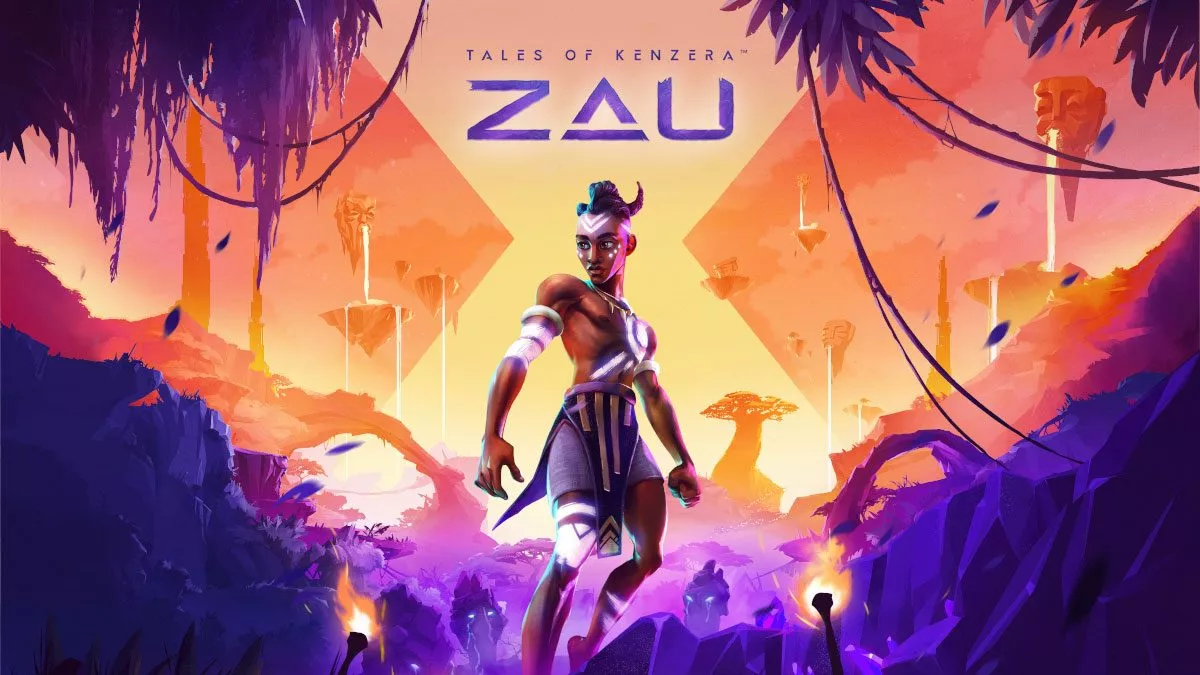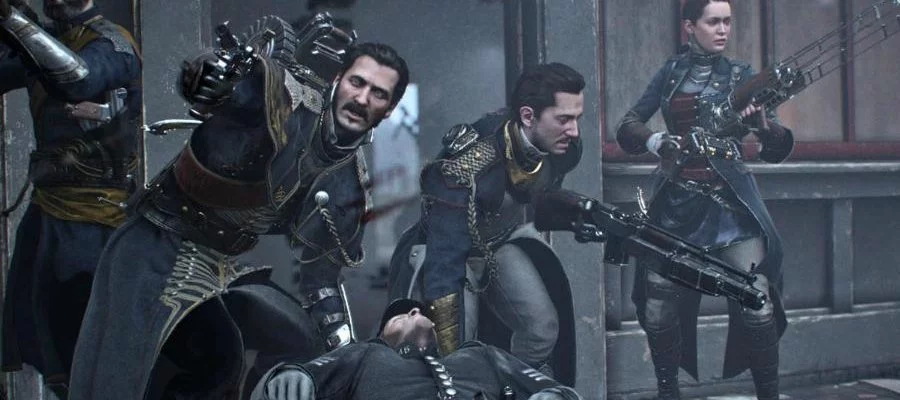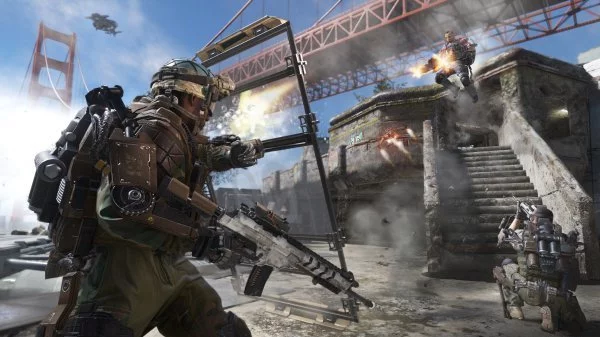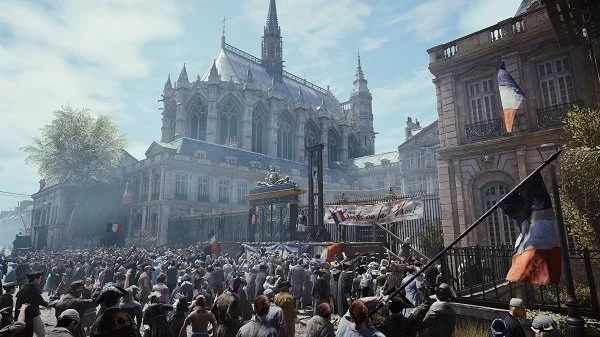Microsoft versus Sony, Battlefield versus Call of Duty and Forza versus Gran Turismo. These are some of the rivalries that can get people talking about console wars. “Game On or Game Over” is your place to get inside the minds of Nicholas and Andy as they seek to find the true meaning of gaming and tackle some of gaming’s most controversial subjects. Both are award winning authors – although the awards haven’t been mailed or created yet — but trust them. Would they lie to you?
Andy: One of the things that I really enjoy about writing these Game On or Game Over articles is that we are able to talk about anything we want. We are able to chat about things that interest us or things that are on everyone’s mind. This week I’d like to steer our conversations towards something that is on everyone’s mind with the release of The Order 1886 and how extremely short it is. There was some concern the week leading up to its launch after a YouTuber posted his five hour and change playthrough of the entire game. That led many to call into question game length in regards to cost. Being that it’s the internet there are people arguing both sides of the issue.
Before I really get into the meat of this discussion, at least from my side anyway, do you have any initial thoughts on either The Order 1886 – or game length vs cost as a whole? Should gamers reasonably expect more from a AAA $60 game versus a download game for $15-$20?
Nicholas: I actually had the opportunity to check out The Order last year during a media event that PlayStation was hosting. I remember chatting with Stevivor’s own Leo at the event on the game and him telling me that it wasn’t too exciting in his opinion – just another cover-based shooter. I finished my preview (which was only about 10 minutes of gameplay if that) and was actually impressed. Sure, it wasn’t anything revolutionary, but it was fun. Leo also wrote about how his opinions changed on the game when he checked out a later preview a few months later. So while I’ve yet to play the full game, I personally liked what I saw.
Regarding the whole “how long a game should be”, it’s a really interesting topic and we’ll delve into that a little later. As far as whether cost should be relative to game length, well, that’s a tricky one. Apart from the work I did on Grand Theft Auto V (OK, so I didn’t actually work on GTA V) I’ve not been involved in game development, so I can’t comment on what goes into making a game, but I think we can all safely assume there’s a lot that goes into the production of a AAA title that would warrant the $60USD as opposed to a downloadable title for a quarter of that. A AAA game will have to factor in larger development teams, larger marketing budgets, longer development times and publisher/distribution costs too – all this would need to be recuperated and some with sales, and I’m not sure how well that would go if each game was $15 a pop.
I think there’s a certain level of quality and quantity that gamers expect with a AAA title that we don’t expect with smaller downloadable ones. For example, when I spent $80AUD on Grand Theft Auto V I expected solid gameplay with little to no glitches. I expect industry-standard graphics if not something greater, and I expect something great in terms of a story/career mode. I expect layers. Contrast that to say Trials Fusion for a quarter of the price and all I’m after is fun. I don’t expect ground-breaking gameplay, I don’t expect a story mode that’s going to evoke emotion, I just want a bit of fun whenever I decide to load the game up. I think the interesting thing is that when some of these AAA titles fail to deliver on expectations, these downloadable titles exceed them.
Before we really dig into the underlying topic, why do you think we’re seeing what I’ve just described above. What’s the reason we feel some AAA titles drop the ball while these smaller titles are raising the bar?
Andy: I think you touched on the reason already actually. The cost of a game relative to its length has been a talking point for a long time, but I think it’s been more at the forefront the past couple of years because of the quality of indie games. Like you mentioned, Trials Fusion is a $20 game and (not counting the cost of a broken controller) the “value” (number of hours relative to cost) is pennies per dollar. Where a game like The Order if you say game play is 8 hours at $60 for the game that equates to $7.50 per hour of gameplay. One indie game I will recommend until I am blue in the face is Dust an Elysian Tail was $15 when I purchased it and I played it for about 30 hours.
We’ve definitely seen an uptick in the quality of indie games, and I think it’s something AAA games need to be aware of. When a gamer can buy three indie games for the price of one “big” AAA release then those AAA games need to really step up and offer something to justify the price difference. As a gamer I don’t care if a game took 500 developers three years to make. In the same vein I don’t care if it was one guy in an apartment who wrote, coded and debugged a game. What I care about is the experience and value of my purchase. One of the things I have heard about The Order is that visually it is a stunning game. Which is great, but it also sounds like Ready at Dawn may have gotten too caught up in making the game look good without having much substance behind it.
We talked before about the three things (in our opinion) that make a great game – story, gameplay, and graphics. Having one without the other two is a very uneven balance. Games like Battlefield and Call of Duty can get away with having short campaigns because their main draw is the multiplayer portion of the game which is basically never ending. Do I expect every game to have a 40+ hour campaign? Absolutely not. That’s simply unrealistic, I don’t want a title to artificially pad the gameplay hours with needless stuff, but I also want my games to feel like a worthwhile purchase. If I can get that feeling from a 10-15 hour campaign then awesome, but it better be a damn good 10 hours with no filler.
So, let’s get down to brass tacks here. Some things I have read over the past couple of days have said that it’s unfair to take a game’s length into account. I just don’t agree with that. Most gamers aren’t millionaires so spending $60USD on a new release title is a significant purchase and as such we should get a value in return for that purchase. What do you think, is it reasonable for gamers to be upset over a game that has an eight hour story with little to no replay value and no multiplayer option to extend the title? Or are we back on the entitled gamer wagon again?
Nicholas: I don’t think so, no – but I think the answer depends on the kind of game you’re playing. Let’s look at two recent titles I’ve played– Call of Duty Advanced Warfare and Grand Theft Auto V. I purchased the latest COD title because I wanted something different to what I was playing previously (which was Assassin’s Creed Unity at the time). It wasn’t a bad game, but even three hours in I started to get a little bored. It was a linear game with only slight variance in gameplay, and I was happy that it was only going to take around seven hours to complete. Contrast that to GTA V though and I would have been disappointed if it was all over in seven hours – but that said, that’s a completely different game. It’s open world, there are side missions to do and random stuff to blow-up and destroy too, so my expectations are completely different.
If a game has a more linear-based story mode, then I think around 8-10 hours is acceptable because realistically, what is going to change? You’ll explore different levels sure, but the game will be roughly the same kind of thing the entire way through. I don’t think gamers would want to be spending 20 hours + on a game like that. Contrast this to more open games though and we’re talking about something else – there needs to be more to do and we should expect more than just eight hours.
Let’s delve further into replay value and multiplayer shall we? Starting with the former, what a subjective thing it is, isn’t it? What one gamer might consider of high replayability another gamer mightn’t. For example, I played Wolfenstein The New Order twice so I guess you could say replayability is high for me, but what if someone played it once and had enough of it? Is the replayability low? As far as multiplayer is concerned, I absolutely do not (and I stress, do not) want developers adding it as a secondary mode just because it gives gamers more to do. You and I both have expressed our disinterest in developers that do this.
Let me throw it back to you though. Is replayability subjective? Furthermore, when we talk about game lengths, shouldn’t we always take things with a grain of salt? If a game takes eight hours to complete while running through as quick as possible, is that how we should be judging its length? Can’t a lot of these “short” games be made longer by looking for collectibles and just taking your time?
Andy: Replayability is certainly subjective. For me, when I think of replayability I think of it in two different ways. First, when I finish a game I think to myself “Damn, that was so good I want to play it again and have that experience over again.” The other way I think about it is when I finish a game I want/need to replay it to experience a different story arc, ending or make different choices. Personally, one of the games that falls into the first category for me are the two Metro games (2033 and Last Light). Both are linear style shooters, but the setting is a character in and of itself and I love the ambiance it provides. They are games that tell a story, offer solid gameplay and the graphics (prior to the current gen remasters) were fine. They didn’t tack on needless multiplayer or artificially pad game time with needless things to do.
There is a publisher that, in my opinion, pads almost every game they release with needless things just to increase the game time. Just look at Ubisoft’s last few big releases. All the Assassin’s Creed games, Far Cry and The Crew. Looking at the in-game map in any of those games and you see a plethora of icons dotting every conceivable part of the map. I feel like a bit of a hypocrite in saying this – I like the option of having side missions and what not to explore and do. Yet it seems like, in the eyes of Ubisoft, the main story takes a back seat to offer the gamer a literal buffet of side missions, fetch quests and collectibles. The Batman series of games is also a big offender with over 400 collectibles in the game.
I remember a time in gaming when collectibles actually mattered to the game. They were weapon parts to assemble a more powerful weapon once they were all found. Pieces to a key that unlocked a mysterious door, or pieces to a manuscript that told a deeper part of a story. Those types of collectibles made me want to find them because they offered something tangible. Now-a-days it seems like the only reason collectibles are in games is to keep gamers playing and artificially pad the game time of games. Yes, I try and find collectibles, but mostly because I am an Achievement junkie. How about for you though? I don’t believe you are obsessed with Achievements like Steve and I are. What’s your take on collectibles and the plethora of side quests that have seeped into games like roaches in shady restaurants?
Nicholas: For me it depends. I don’t mind collectibles and side-quests if they are varied and fun to do. Against what you’ve just said, I think Assassin’s Creed Unity does a good job of side-missions. I really enjoyed the murder mysteries and other side-quests you had to complete outside of the main story. They were different each time and made you think, and was something new to the franchise that it was in desperate need of. At the same time though, Assassin’s Creed Unity is also guilty of doing collectibles wrong. Yes, I enjoyed collecting shields and cockades here and there as I traversed Paris, but after a while you’re left thinking, “my god, there are even more!” Collectibles and side-missions can sometimes help push the gamer to explore sections of the world that they wouldn’t otherwise through the main story, and I like that, but you can’t have hundreds scattered around the world without it getting tedious. I think Ubisoft step over the line far too often there.
At the beginning of the article you mentioned the debate of costs vs length of a game, and I’d like to return back to it if I may. With the case of The Order, it’s now less than favourable reviews and its limited campaign length, do you really think we (as gamers) should start asking games to offer more (and better) content or demand a price-cut? If indie games continue to become more advanced and gaming should they, by the same token, be able to charge gamers three or four times as much as they are now? While we can’t comment on the effort that goes behind a full retail game, realistically, do you think we should start to see costs fluctuate more significantly depending on whether game has a longer campaign or if it’s rated highly? If so, what’s the limit on as much or as little as they can charge for both an AAA or an indie game?
Andy: That’s a great point, and one I’ve thought about often. I think it’s a slippery slope though, because you know as well as I do, once gamers say there shouldn’t be a set price for each new game; i.e. $60USD for a new release, then developers/publishers will say, “You know what, you’re right. Now games will be $70 or $80.” – which would make them even more expensive for you Australians. The reality is, the price of games hasn’t changed for many, many years (not counting collector’s editions or other limited editions). For the most part they have been $60. Developers have countered this by adding more DLC content, and in some cases locking content on the disc until it’s purchased via DLC routes – I’m looking at you Capcom. It makes sense that developers would try and find other avenues to augment the traditional purchase price, it seems some are increasingly more greedy than others though and give the entire DLC term a bad taste.
I think judging a game’s value solely based on how long the campaign is wrong, saying that I’m one that gets irritated if I get into a game and it’s suddenly over and feels incomplete. Then two weeks later hear about new DLC coming basically right after the game was released. From one gamer to another the perceived “value” of a game will almost always be different. Yet, I think all gamers can agree on wanting a story with substance, meaning, and that has a beginning, middle and an end. When I think of a “great” game, my first thought isn’t about the length of it. It’s about the story, gameplay, connection with the characters and all the things that surround it. If I played an absolutely amazing game that was only 10 hours long, but once I was done I sat back and thought “Man, that was a hell of a ride” I’d be OK with that. Look at The Walking Dead by Telltale Games. It was amazing and pulled you along as the story unfolded. Heck, it even won Game of the Year from many publications. That’s a great game.
Now, think about a game that’s 25-30 hours long but is a slow trudge with cardboard characters and a paper-thin plot that a six year old could figure out. I’d much rather spend my time and money on the ten hour game because – for me – it has more value. Game length certainly has a place at the table when talking about value, but I’d argue it shouldn’t be the first thing considered. The last six months (or more) have been pretty rough for gamers – regardless of which console you prefer – numerous games have failed to live up to their massive hype and The Order is just another in a long line of disappointments.
To wrap up this week’s discussion though, how do you define value in a game? Are you an analytical type guy that looks at how long a game is relative to its cost? Or do you look past that number and focus on the experience? Maybe a combination of both? Is one more or less important than the other?
Nicholas: In my opinion it’s all about the experience and what the gamer is looking to get out of it. Like you’ve mentioned above, the length of a campaign mode shouldn’t be the sole determination of length, but more so, what you get out of it. If a game is less than ten hours, but all ten of those hours are satisfying and rewarding, then that’s fine. At the same time, if a game is 20+ hours and it offers the same thing then that’s fine too. All too often we speak about games that are too short, but I’m not sure I’d want all my games to be as long as Unity or Grand Theft Auto V. As was the case with CoD Advanced Warfare, sometimes I only want a short game to tie me over until something new comes along.
I think the greatest problem we as gamers have is that we’re so quick to dismiss a game because it’s discovered that it can be blitzed through in six hours or thereabouts. Before we’ve even experienced it for ourselves we’ve taken the opinion (read: opinion) of a reviewer as gospel and decided that it’s how everyone else is going to experience it. This is so wrong. I remember when EA Australia gave me a copy of the last Harry Potter game to review. It was simplistic in its gameplay, not very engaging in its story and not exactly the longest game I’ve played either – but I at least enjoyed it. If I check the reviews out I’m sure the average would have been about 5/10 – however that was irrelevant to me. I still liked it for what it was.
I’m not saying we should dismiss reviews (hell, we all write them for Stevivor), but gamers should take each one with a grain of salt, making them not absolute verdicts on a game, but merely someone’s opinion on them. They could be spot-on the money or they could be totally off, but you need to ask yourself what you’re after from it. We need to stop judging a game just on its length or just on its graphics and ask ourselves “is it fun?” If the answer is yes, then that’s what we should be focusing on.
Tune in next time for the next instalment of Game On or Game Over. If you have any ideas for our next article, feel free to contact Andy or Nicholas on Twitter.
This article may contain affiliate links, meaning we could earn a small commission if you click-through and make a purchase. Stevivor is an independent outlet and our journalism is in no way influenced by any advertiser or commercial initiative.


